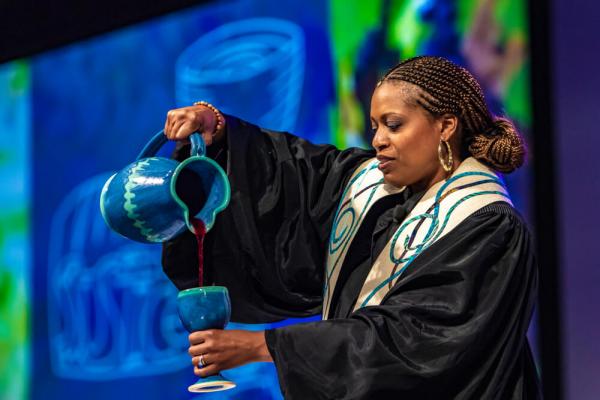Jun 14, 2021
The Bible has more to say about women in leadership positions than we are often led to believe, and with the exception of that pesky little 1 Timothy passage, the biblical narrative about women leaders is overwhelmingly positive. Let’s take a look at 10 examples.
Read the Full Article

Already a subscriber? Login
